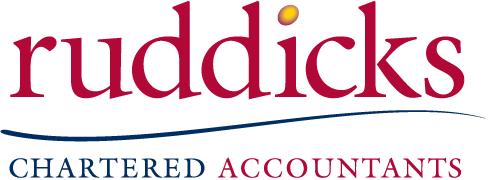Travel to inspect residential rental properties
From 1 July 2017, unless one of the exclusions listed below applies, travel expenses incurred in relation to residential rental premises will no longer be deductible, and these expenses will not be added to the cost base of the property for capital gains tax (CGT) purposes either. Effectively, these expenses are now treated as being of a completely private nature, even if they are for legitimate purposes such as property inspections and maintenance.
Travel expenditure includes motor vehicle expenses, taxi or hire car costs, airfares, public transport costs and any meal or accommodation related to the travel. It is also not restricted to travel to the property – travel to attend an apartment building’s owner’s corporation meeting or to see a real estate property manager is also not deductible.
Travel undertaken by someone else (e.g. a relative) in relation to your rental property is also not deductible, however there is no change to your ability to deduct a property agent’s fees, even if a component of those fees represents a reimbursement of the agent’s travel costs.
Exclusions from the new regime:
- Travel expenditure in relation to non-residential/commercial rental properties;
- Travel expenditure incurred by companies in relation to residential properties they own;
- Travel expenditure incurred in carrying on a business, such as a property management agency, or large scale investing in residential property.
Where the property is comprised of both commercial and residential parts (e.g. a shop and an apartment above it), then travel deductibility will be determined by the purpose of the travel (i.e. travel in relation to the shop will be deductible, but travel in relation to the apartment will not be). Apportionment of travel costs may be required where the purpose of travel relates to both the commercial and the non-commercial elements.
In relation to “carrying on a business”
It is possible for individuals and trusts to carry on a business of investing in residential property, but you do need to demonstrate that your activities amount to a business. It becomes a question of scale (the more properties, the more likely it is that there is a business being carried on), the nature and regularity of activities and tasks you undertake, the evidence of business-like approach and planning, and other factors.
If you own multiple residential rental properties as an individual, jointly with another person or as a trustee of a trust, and you incur significant travel expenditure in relation to the properties, it would be worthwhile to discuss with your Ruddicks adviser whether your activities can be classified as a business.
Conclusion
The vast majority of “mum and dad” property investors will no longer be able to claim travel expenses associated with their residential rental properties, unless it is travel indirectly passed on via property managers’ fees. Institutional, large scale and company investors will continue to be able to claim travel expenses, as will the owners of commercial/non-residential rental properties.
Important!
There are also changes to deductibility of depreciation expenses in relation to residential rental properties, effective from 1 July 2017. You can read more about them here.
DISCLAIMER:
Liability limited by a scheme approved under Professional Standards Legislation.
The content of this newsletter is general in nature. It does not constitute specific advice and readers are encouraged to consult their Ruddicks adviser on any matters of interest. Ruddicks accepts no liability for errors or omissions, or for any loss or damage suffered as a result of any person acting without such advice. This information is current as at 1 June 2018, and was published around that time. Ruddicks particularly accepts no obligation or responsibility for updating this publication for events, including changes to the law, the Australian Taxation Office’s interpretation of the law, or Government announcements arising after that time.
Any advice provided is not ‘financial product advice’ as defined by the Corporations Act. Ruddicks is not licensed to provide financial product advice and taxation is only one of the matters that you need to consider when making a decision on a financial product. You should consider seeking advice from an Australian Financial Services licensee before making any decisions in relation to a financial product. © Ruddicks 2018

